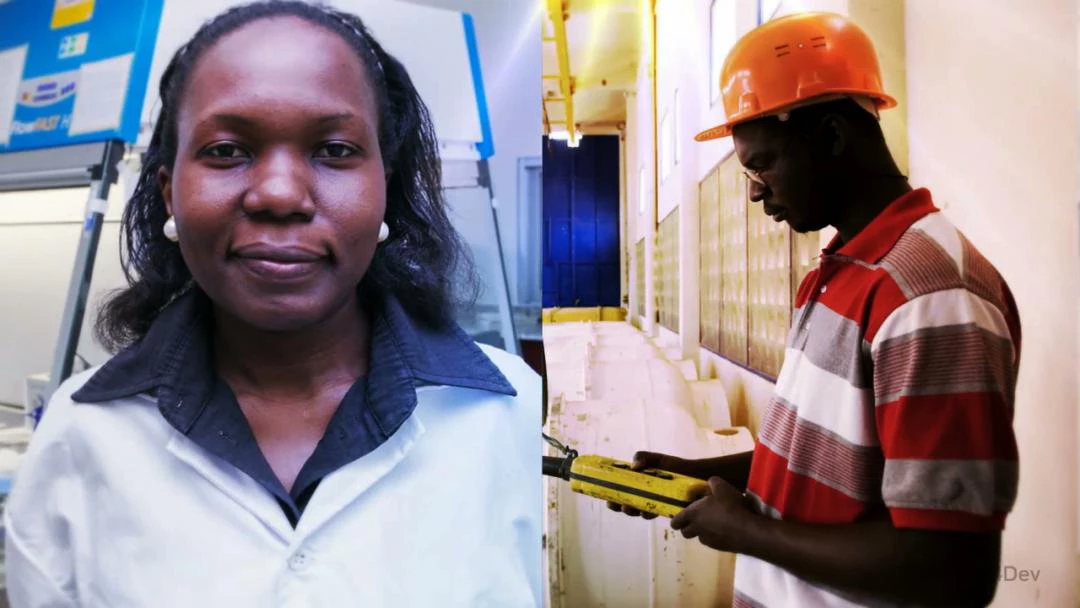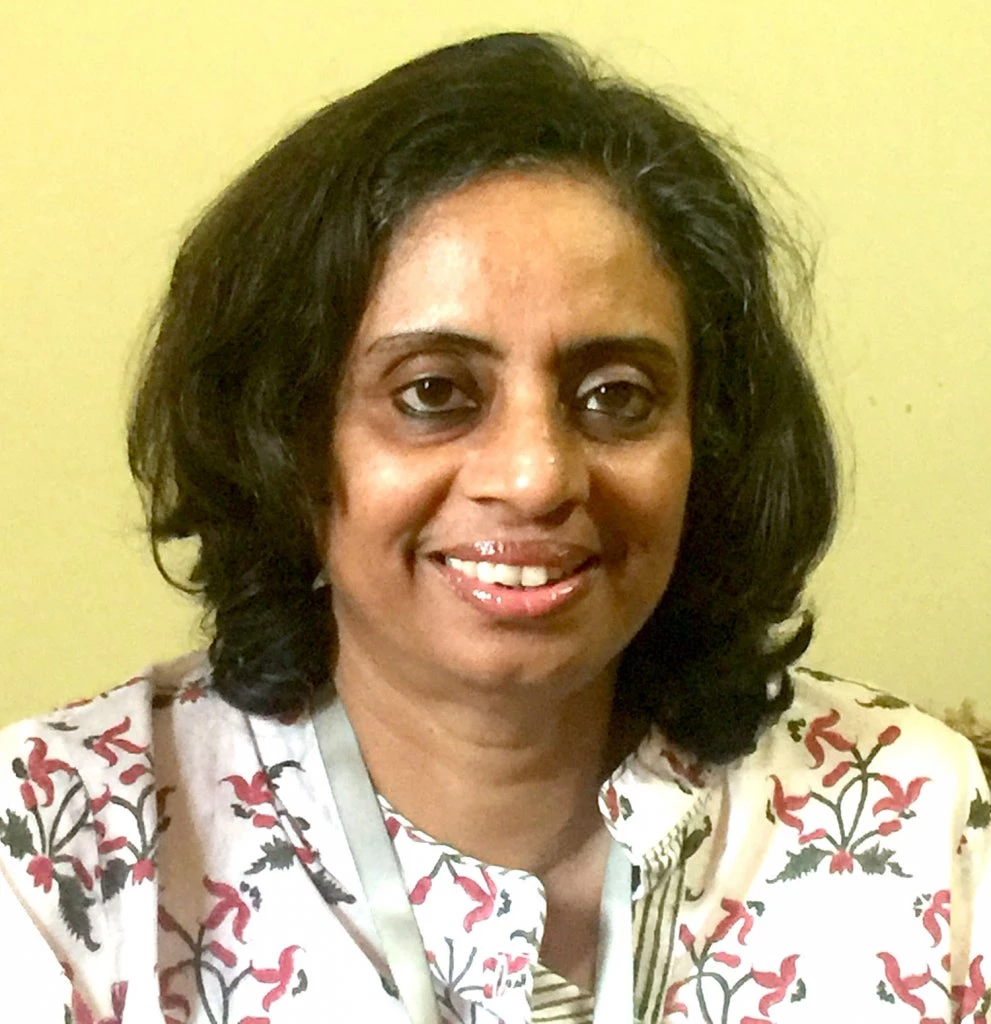
Meeting this broad demand for various levels of skills will require more investment at the tertiary level, specifically in fields related to applied science, engineering and technology. To date, the proportion of higher education students in math and science disciplines in Africa is very low—about 20-25 percent—and the availability of market-relevant skills is limited. The annual number of Ph.D. graduates in applied science and engineering disciplines is in the hundreds. Women are egregiously under-represented in most science and technology-related courses and research. Technical and vocational education and training programs are poor quality and have low enrollment rates. In addition, these institutions are weakly networked with each other. At the regional level where learning exchanges are necessary for development, collaboration has been fragmented between Sub-Saharan Africa and its external partners and nascent with countries in Asia and Latin America.
Every year for the next 10 years, 11 million young Africans will try to enter the job market. Providing jobs for this population will require an expansion of the private sector, particularly in the areas of agriculture and technology. However, expanding the private sector will mean even greater demand for workers with high value skill sets like engineering and technology. Bridging the skills gap is crucial.
As we saw in East Asia in the early 1990s, a focus on skills and massive job creation helped China and others transform their economies. Hundreds of millions of people found a way out of extreme poverty. Countries in Africa can do the same. But critical to this effort will be the coming together of governments, the private sector, learning institutions, development partners and, most importantly, the region’s new partners such as Brazil, India, China and Korea.
From June 10-12, the Government of Senegal and the World Bank will host a Forum bringing together African countries and their new partners with the objective of crystallizing a new Partnership for Skills in Applied Sciences, Engineering and Technology program (PASET). Ministers of Education and government representatives from 12 African countries will join experts from Brazil, China, India and Korea for an exchange of ideas and tools on how to build skills in Africa.
We hope that this meeting of minds in Dakar will help find concrete ways to bridge the skills gap on the continent. Ten years from now, what we’d like to see are more African countries competing in the global arena. For example, global IT call centers in Senegal, local businesses in Botswana refining the country’s vast natural resources and supplying international mining companies, companies in Tanzania exporting their goods to Asia, Europe and North America, and new technology and knowledge-intensive industries generating good quality jobs for Africa’s talented youth.
Related:
WATCH LIVE: PASET Event: Building Talent for Africa's Transformation
Feature: Higher Education in Science and Technology is Critical for Africa’s Development
Video: Higher Education for Science, Technology and Innovation in Africa



Join the Conversation
Very relevant and timely article. The need for a science and technology equipped African youth population cannot be overestimated. As rightly pointed out, high-value skill building is a core necessity for Africa's economic transformation and youth development. Perhaps one way to tackle this would be through providing more engineering and IT-based scholarships, making it more encouraging for potential... students to venture into the field.
Read more Read less